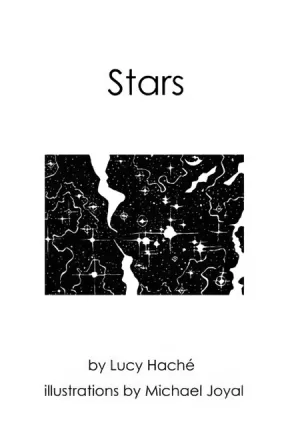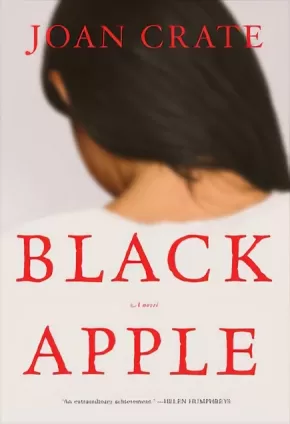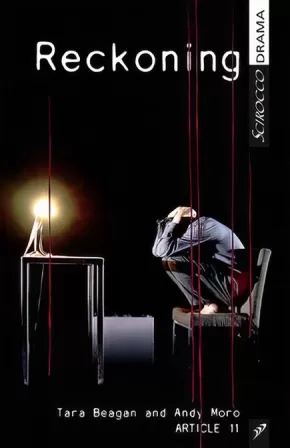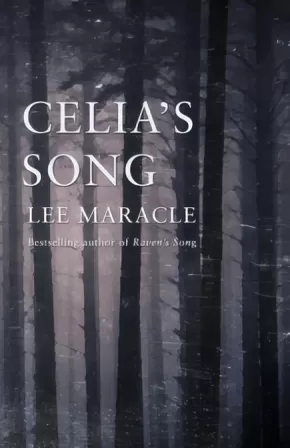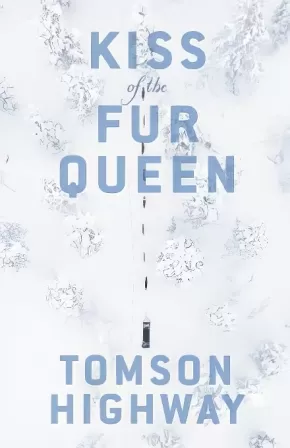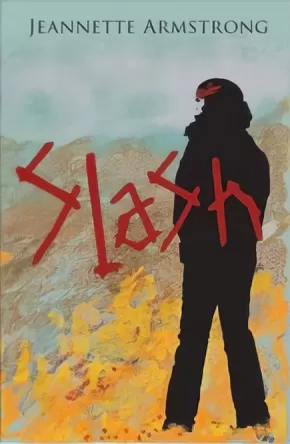Fiction
Synopsis:
In this second installation of the Overhead Series, Lucy Haché once again transports the reader with intimate revelations on identity by exploring both her personal and ancestral relationship to the sky and stars. Hache's prose is extraordinary in its combination of self-awareness yet unselfconscious honesty and skillful restraint, creating a sense of connection under the vastness of the stars above. Masterfully illustrated by artist Michael Joyal, his evocative astronomic drawings contribute to the overall sensory and transcendent experience.
Reviews
"[Hache] uses the stars to remember not only the tribulations of the past - Residential Schools and the loss of her traditional village - but also to remember the happiness of her grandmothers and to remember her language. Her poetic prose if full of imagery so rich that the reader can feel swept away with the power of the language." - Canadian Indigenous Books for Schools 2018-2019
"Indigenous People have always had a strong relationship with the sky. Here, Joyal's stark, beautiful illustrations combine perfectly with Haché's voice as she sings a story of loss, and ultimately, reclamation." --David A. Robertson, author of When We Were Alone (winner 2017 Governor General's Literary Award) and Strangers
Educator & Series Information
Recommended resource for Grades 8-12 for these subject areas: English Language Arts.
A Kwak'wala language glossary is found at the back of the book.
This book is part of the Overhead Series.
Additional Information
80 pages | 5.50" x 8.50"
Synopsis:
A dramatic and lyrical coming-of-age novel about a young Blackfoot girl who grows up in the residential school system on the Canadian prairies.
Torn from her home and delivered to St. Mark’s Residential School for Girls by government decree, young Rose Marie finds herself in an alien universe where nothing of her previous life is tolerated, not even her Blackfoot name. For she has entered into the world of the Sisters of Brotherly Love, an order of nuns dedicated to saving the Indigenous children from damnation. Life under the sharp eye of Mother Grace, the Mother General, becomes an endless series of torments, from daily recitations and obligations to chronic sickness and inedible food. And then there are the beatings. All the feisty Rose Marie wants to do is escape from St. Mark’s. How her imagination soars as she dreams about her lost family on the Reserve, finding in her visions a healing spirit that touches her heart. But all too soon she starts to see other shapes in her dreams as well, shapes that warn her of unspoken dangers and mysteries that threaten to engulf her. And she has seen the rows of plain wooden crosses behind the school, reminding her that many students have never left here alive.
Set during the Second World War and the 1950s, Black Apple is an unforgettable, vividly rendered novel about two very different women whose worlds collide: an irrepressible young Blackfoot girl whose spirit cannot be destroyed, and an aging yet powerful nun who increasingly doubts the value of her life. It captures brilliantly the strange mix of cruelty and compassion in the residential schools, where young children are forbidden to speak their own languages and given Christian names. As Rose Marie matures, she finds increasingly that she knows only the life of the nuns, with its piety, hard work and self-denial. Why is it, then, that she is haunted by secret visions—of past crimes in the school that terrify her, of her dead mother, of the Indigenous life on the plains that has long vanished? Even the kind-hearted Sister Cilla is unable to calm her fears. And then, there is a miracle, or so Mother Grace says. Now Rose is thrust back into the outside world with only her wits to save her.
With a poet’s eye, Joan Crate creates brilliantly the many shadings of this heartbreaking novel, rendering perfectly the inner voices of Rose Marie and Mother Grace, and exploring the larger themes of belief and belonging, of faith and forgiveness.
Synopsis:
Reckoning is a triptych of three short plays: Witness is a dance-movement piece featuring a Truth and Reconciliation Commissioner who unravels as he confronts the brutal testimony of residential school survivors; in Daughter, the daughter of a teacher who was accused of rape seduces her father's accuser; and Survivor is a solo piece about a man preparing to commit suicide as a protest against the insufficiencies of the reconciliation process.
Agonizing, poignant, theatrical, hilarious, and true, Reckoning illuminates the difficulties of trying to come to terms with our country's painful past.
Educator Information
Recommended for grade 11 and 12 students for courses in performance arts, language arts, and English. Also useful for college and university courses in these areas.
Caution: explicit language and discussion of sexual and physical abuse.
Additional Information
66 pages | 5.00" x 8.00"
Synopsis:
Mink is a witness, a shape shifter, compelled to follow the story that has ensnared Celia and her village, on the West coast of Vancouver Island in Nu:Chahlnuth territory. Celia is a seer who - despite being convinced she's a little "off" - must heal her village with the assistance of her sister, her mother and father, and her nephews. While mink is visiting, a double-headed sea serpent falls off the house front during a fierce storm. The old snake, ostracized from the village decades earlier, has left his terrible influence on Amos, a residential school survivor. The occurrence signals the unfolding of an ordeal that pulls Celia out of her reveries and into the tragedy of her cousin's granddaughter. Each one of Celia's family becomes involved in creating a greater solution than merely attending to her cousin's granddaughter. Celia's Song relates one Nu:Chahlnuth family's harrowing experiences over several generations, after the brutality, interference, and neglect resulting from contact with Europeans.
Educator Information
Grade 11/12 English First Peoples resource for the unit Further Steps toward Reconciliation.
Additional Information
280 pages | 5.50" x 8.50"
Synopsis:
James Nathan and Jake Noland have been best friends for their entire lives. Like most residents in their small northern Gwich’in community, they like to get drunk, get high and sleep around. It helps them forget the past—a horrific past full of painful memories. At times just one bullet to the temple away from a self-inflicted death, James and Jake fumble through life, tormented and haunted by the demons of their residential school abuse.
The decision by one man to publicly disclose his abuse causes upheaval within the community and forces other victims to consider their options: either share their secret and begin healing, or maintain their silence and suffer alone. Raw and gripping, Porcupines and China Dolls is impossible to put down.
Educator Information
Resource for English First Peoples 11-12.
Additional Information
312 pages | 6.00" x 9.00"
Synopsis:
Kiss of the Fur Queen is a powerful and beautiful tale of siblings and tricksters, culture and trauma, and finding yourself in a world that tries to tell you who you are.
Born into a magical Cree world in snowy northern Manitoba, Champion and Ooneemeetoo Okimasis are all too soon torn from their family and thrust into the hostile world of a Catholic residential school. Their language is forbidden, their names are changed to Jeremiah and Gabriel, and both boys are abused by priests.
As young men, estranged from their own people and alienated from the culture imposed upon them, the Okimasis brothers fight to survive. But wherever they go, the Fur Queen--a wily, shape-shifting trickster--watches over them as they fulfill their destiny to become artists.
Educator Information
Grade 11/12 English First Peoples resource for the unit Further Steps toward Reconciliation - Understanding Residential Schools through Text.
Note: This novel contains mature and challenging material (profanity, coarse language, depictions of sex, sexual abuse, violence, etc.).
This resource is also available in French: Champion et Ooneemeetoo.
Additional Information
328 pages | 5.17" x 7.98"
Synopsis:
Slash is Jeannette Armstrong's first novel. It poignantly traces the struggles, pain and alienation of a young Okanagan man who searches for truth and meaning in his life. Recognized as an important work of literature, Slash is used in high schools, colleges and universities.
Additional Information
252 pages | 5.50" x 8.50"

